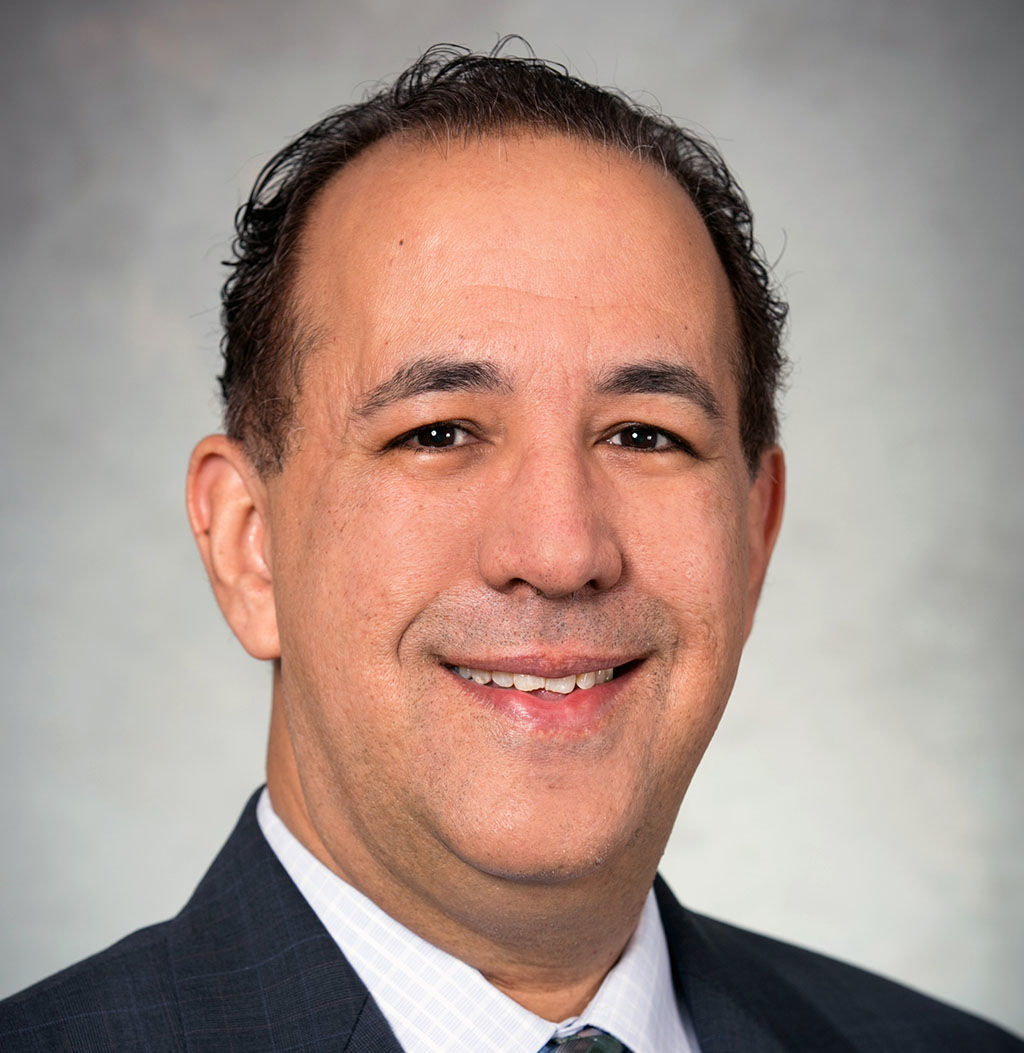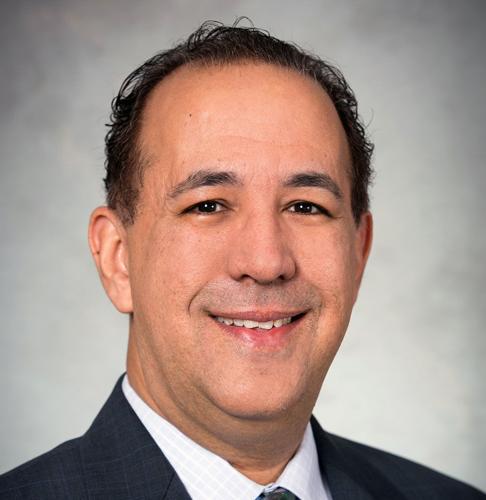Toro: Senate’s Supreme Court obstruction delaying justice for millions of Americans

The unexpected death of Supreme Court Justice Antonin Scalia on Feb. 13 has set off a political power struggle in Washington. Senate Majority Leader Mitch McConnell has vowed not to hold a hearing on any nominee — no matter how qualified — offered by President Barack Obama. Sen. McConnell’s stance was echoed by Colorado Sen. Cory Gardner, Sen. Charles Grassley, chair of the Judiciary Committee, and most of their Republican colleagues.
These obstructionist senators claim the president should not fulfill his constitutional responsibility to nominate a replacement for Justice Scalia and instead allow the next president to fill the vacancy. This would leave the Supreme Court with an empty seat for more than a year.
The Senate leadership’s stance is unprecedented and threatens justice for millions of Americans. Should Sens. McConnell and Gardner have their way, Justice Scalia’s seat would likely remain empty until at least the spring of 2017, well into the 2016 term, which begins in October. This raises the possibility of 4-4 deadlocks on a number of key cases for two full terms, including pending cases involving the Affordable Care Act’s contraception mandate, the president’s executive orders on immigration, and affirmative action in higher education. A 4-4 tie would leave a lower court’s decision in place.
While litigants on one side or another might be content with such results, 4-4 rulings could leave the law unsettled and even maintain “circuit splits” where constitutional rights vary in different parts of the country. If the Court cannot reach a majority decision, it could postpone the resolution of important cases — leaving Americans waiting for justice.
Some issues may have no definitive answers with a 4-4 tie. A few states are following Colorado’s lead this year by voting on the legalization of marijuana, and a case pending review at the Supreme Court could limit their ability to do that. The case is unusual, because the court has original jurisdiction and there is no lower court ruling. Unless a majority of justices can decide the issue, Amendment 64 and other legalization initiatives will exist in a kind of legal limbo that has only happened twice in American history.
Sen. McConnell and his allies claim that, “for the better part of a century,” the Senate has not filled a vacancy on the Court in the final year of a presidential term. Vacancies on the Court rarely arise during an election year, but when they do, they have been filled. Six justices have been confirmed during election years in the last 100 years, including revered jurists like Justices Benjamin Cardozo in 1932 and Louis Brandeis in 1916.
In 1987, with an election year looming, then-Sen. Joe Biden urged the president to put forward a nominee who could win confirmation in the Democratic-controlled Senate. President Ronald Reagan responded by nominating Justice Anthony Kennedy, who was confirmed during the 1988 election year. The president and Senate managed to avoid leaving the Supreme Court short-staffed for more than a year.
The defenders of the Senate’s obstruction say that voters spoke when they elected a Republican majority to the Senate in 2014. But Justice Kennedy’s confirmation shows that a president and a Senate of opposite parties can work together during election years to fill Supreme Court vacancies.
The same should happen here; the president will nominate a qualified justice who should gain the support of the Senate through a full hearing and up-or-down vote. The constitutional requirement that the Senate “advise and consent” on judicial nominations contains no exception for election years.
Although Sen. McConnell is using the electoral calendar as an excuse, the Senate’s delay tactics are part of a trend of obstructing President Obama’s judicial nominees. Last year the Senate confirmed only 11 federal judges and, at this rate, the current president will have far fewer confirmations in his final two years than any other recent president, including George W. Bush, who appointed 68 judges in the last two years of his administration. The American people are now experiencing the slowest confirmation rate of judges since 1960 and the largest backlog of cases in American history.
A recent Fox News poll found that 62 percent of Americans want the president and Senate to act now to fill the vacancy created by Justice Scalia’s passing. Senators who prefer obstruction to action do so at their own peril. Instead of stonewalling, it is time for senators to consult with the president in good faith, so that he can come forward with a nominee who can win confirmation. Fulfilling this duty is necessary so that all Americans can benefit from a fully staffed Supreme Court.
Colorado Politics Must-Reads:













